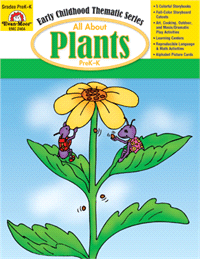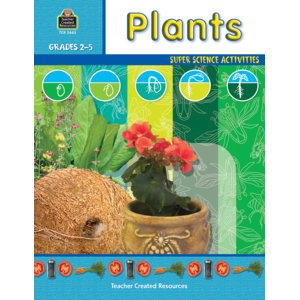Get your kids involved in gardening, as that is a great way to teach early science concepts to your kids! #handsonlearning #homeschoolelementary #homeschoolscience This post may included affiliate links to products that we love and have used or would use in our own homeschool. Please see my disclosure policy.
How about homeschooling elementary science through simple gardening?
Growing veggies is a great way to not only teach your kids about gardening and nutrition, it is also a wonderful opportunity for them to learn the scientific method.
Growing veggies is a great way to not only teach your kids about gardening and nutrition, it is also a wonderful opportunity for them to learn the scientific method.
And play outside at the same time!
Growing lettuce, onions, or carrots are easy ones and they can usually be planted early in many areas of the country.
And if you do onions, your kids won't have to wait until the actually onions grow. They can harvest the stalks, as green onions, and enjoy them earlier. And I, for one, love fresh green onions from the garden, in my salad.
Young gardeners can plant their veggie seeds inside, and watch them grow there. Cut off milk cartons make great planters.
For outside planting, we often just used large containers that we set out on the deck. That way they were very reachable, for a quick harvest for a salad.
Or for doing science activities in the garden.....
- Keep a watering chart.
- Measure growth each week, using a ruler, to practice numbers.
- Graph the growth on paper.
Older kids may want to do a complete experiment as described below called the Compost vs. Dirt Experiment:
1. dirt only
2. dirt and compost mix
3. compost only
Compare the results, using the scientific method, as described below:
Extend the Learning to other Subjects:
Math- Measure the seedlings with a ruler. Make a graph of the seedlings growth.
Writing - Record the steps followed for the scientific process in a notebook.
Art - Draw the seedlings in a nature journal. Take photos.
Resources and Books for Garden Science:
1. All About Plants from Evan-Moor for K/1st
2. dirt and compost mix
3. compost only
Compare the results, using the scientific method, as described below:
1. Make a hypothesis - Have each child guess which procedure will yield the tallest seedlings in x weeks. Each child, then records their predictions in writing.
2. Test your Hypothesis by doing the experiment.
3. Take data - Measure the seedlings growth each week, and chart it.
4. Analyze your Data - Do the final analysis - To easily analyze the data, check your records, and just see whose guess was right.
5. State your Conclusion - Write a sentence stating which procedure yielded the best results.
When you follow these steps, you are teaching your kiddos the scientific method. And that is great for building thinking skills, like executive functioning.
Extend the Learning to other Subjects:
Resources and Books for Garden Science:
1. All About Plants from Evan-Moor for K/1st

We enjoyed this book early on....To read more of my review, click here. To explode this plant activity book, click here.
It is published by Evan-Moor, one that we used a lot because of their quality products.
2. Plants - Super Science Activities for 2nd - 5th grades

This book is full of short lessons and
activities to do to learn:
1. What's inside a seed
2. How do seeds grow
3. How do plants grow
4. Experiment with plants
5. Leaf rubbings/craft activities
For more info, check out sample pages. These resources are offered as kindle options, too.
3. A Seed is Sleepy
3. A Seed is Sleepy
The story of a seed's life told in a poetic way, with artwork. I loved reading this with my 2e daughter.
It is by by Diana Hutts Aston, from

This is one of Jump Starts printables and they offer 9 more, including one on the life cycle of a plant.
My friend, Sarah has tips for How the Kids Can Help You Plan Your Spring Garden.
And lots more fun outdoor ideas for your kids here -

Thanks for stopping by BJ's Homeschool,
Betsy
Betsy is mom to her college grad, whom she homeschooled from preK through high school. She blogs at BJ's Homeschool, about the early years, high school & college and wrote - Homeschooling High School with College in Mind. She offers free homeschool help through messages at BJ's Consulting, and has had articles picked up by the Huffington Post.





No comments:
Post a Comment